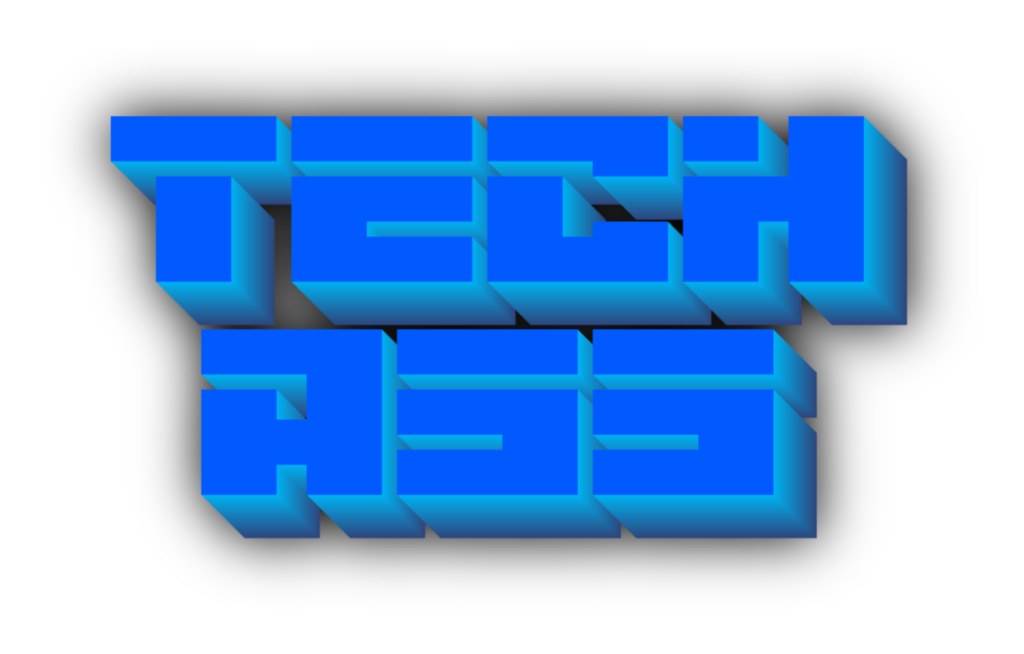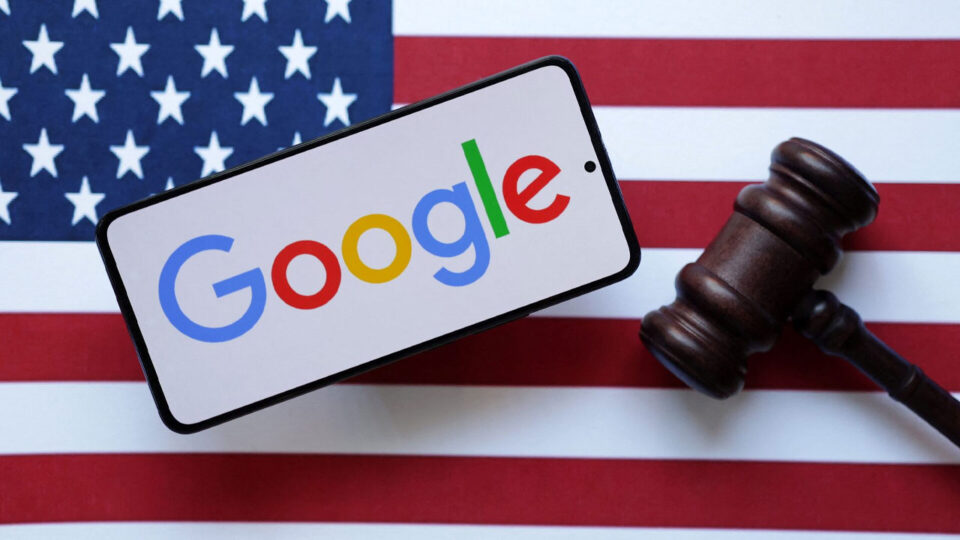In 2009, a Google (GOOGL.O) executive stated that the company’s objective for its emerging online advertising division was to “crush” competing ad networks, as revealed by evidence presented by prosecutors during the tech giant’s antitrust trial on Wednesday.
These statements bolster the U.S. Department of Justice’s argument that Google sought to monopolize the markets for publisher ad servers and advertiser ad networks, while also trying to dominate the ad exchange market that sits between them.
On the trial’s third day, prosecutors introduced evidence to show how Google employees viewed the company’s strategic goals during the period when the government claims Google aimed to take control of the ad tech market. According to court notes, David Rosenblatt, Google’s former president of display advertising, articulated the company’s strategy in late 2008 or early 2009, stating, “We’ll be able to crush the other networks and that’s our goal.”
Google has denied these allegations, arguing it faces strong competition from other digital advertising companies.
Rosenblatt, who joined Google in 2008 after it acquired his ad tech firm DoubleClick and left in 2009, was quoted in court documents describing the benefits of owning technology across both ends and the middle of the market. “We’re both Goldman and NYSE,” he reportedly said, referencing one of the world’s largest stock exchanges and one of its leading market makers.
He further compared Google’s ad infrastructure to major stock exchanges, suggesting, “Google has created what’s comparable to the NYSE or London Stock Exchange; in other words, we’ll do to display what Google did to search.” Rosenblatt noted that by owning both publisher ad servers and an advertiser ad network, Google could gain an early advantage on ad inventory opportunities. He also mentioned that switching platforms was highly difficult for publishers, calling it a “nightmare” and saying, “It takes an act of God to do it.”
Rosenblatt, currently CEO of online luxury marketplace 1stDibs, did not immediately respond to a request for comment. Brad Bender, another former DoubleClick executive who worked at Google until 2022, testified that he had shared Rosenblatt’s notes with his team, calling them a “worthwhile read.”
Google has maintained that it is not the only company offering an integrated suite of products for advertisers and publishers, pointing out that Microsoft (MSFT.O), Amazon (AMZN.O), and Meta Platforms (META.O) have similar offerings.
If U.S. District Judge Leonie Brinkema rules against Google, she may consider the prosecution’s request to force the company to divest Google Ad Manager, which includes its publisher ad server and ad exchange platform.

